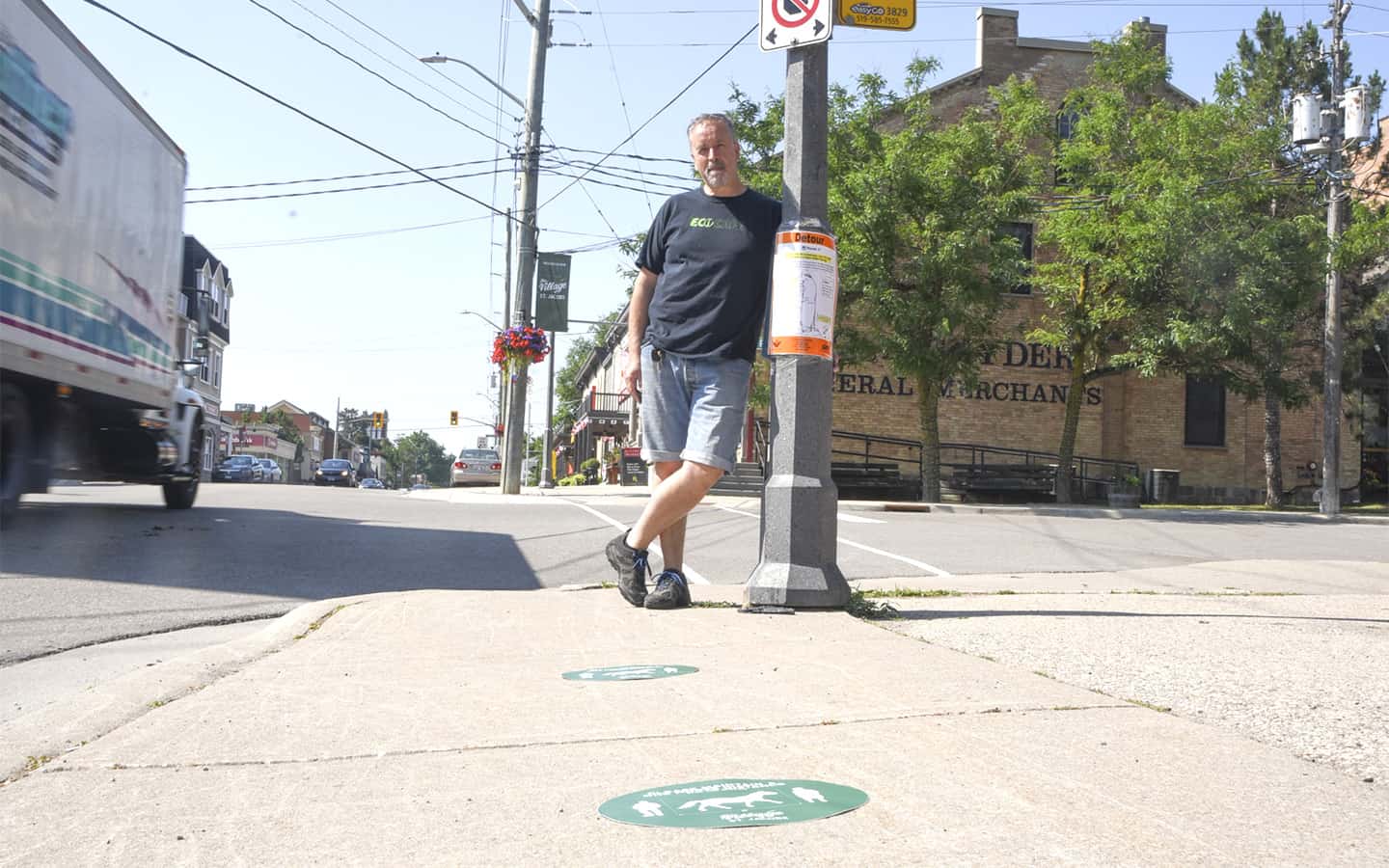Consistently low numbers of new COVID-19 cases paved the way for Waterloo Region to be part of stage 3 of the province’s reopening plan as of July 17. Residents will have to keep taking precautions if restrictions are too remain loosened, say local officials.
Much of the province is moving to wider reopenings, though harder-hit areas such as Toronto, the GTA and Windsor will remain in stage 2.
Here, efforts to slow the virus have paid off, said Dr. Hsiu-Li Wang, the region’s acting medical officer of health.
“As of this Friday, we are able to move to stage 3 because of your efforts to date. But we continue to have a collective responsibility, each of us [must] do what we can to continue to slow the spread of COVID-19. We must continue to protect each other, and we must move forward with the utmost vigilance,” she said in a video briefing July 14.
While most businesses will be able to open their doors and many public spaces will now be accessible, all safety precautions remain in effect. Social circles remain limited at ten, for example.
Indoor settings such as bars, performance theatres, restaurants and gyms are now allowed to reopen with a posted capacity of 50 people inside at a time, subject to meeting social distancing measures that must continue to be followed to fight the further spread of COVID-19. Outdoors, gatherings of up to 100 are permitted, allowing for the use of some playground and the resumption of team sports in some capacity.
Operations deemed of higher risk – buffet restaurants and amusement parks, for instance – will remain closed.
The region’s newly adopted mandatory mask policy will remain in effect. Officials report the public has largely taken to heart measures to slow the spread of the virus, noting that no charges for violating rules were laid over the previous week. Of the 110 complaints followed up by the region, 92 were resolved by providing information or warnings to those involved and 18 required no action.
New figures this week show progress in the battle with the novel coronavirus. At midweek, there were just 50 active cases of COVID-19, the lowest number in months. Cumulatively, there have been 1,347 cases since the virus was first identified in the region, of which 1,179 (88 per cent) have been resolved.
COVID-19 has claimed 118 lives, the latest a woman in her 80s who is believed to have contracted the virus through community contact. While long-term care and retirement homes have seen more than 80 per cent of the deaths, there is currently just one institutional outbreak: a staff member at a Cambridge facility.
There have been 41,915 tests conducted in the region, of which 1,346 have been positive, an infection rate of 3.2 per cent.
Neighbouring Wellington-Dufferin-Guelph (WDG) Public Health reported of 497 cases to date. Of those, 443 have been resolved showing a recovery rate of 89.1 per cent. There have been 37 deaths in the catchment area.
The Ministry of Health reported 37,052 cases of the novel coronavirus in Ontario on Wednesday, an increase of 0.3 per cent over the previous day. There have been 2,732 deaths attributed to the virus, representing a mortality rate of 7.4 per cent. The ministry reports 32,920 cases (88.8 per cent) have been resolved.
The latest numbers from Health Canada show 108,486 confirmed cases of COVID-19 nationwide, with 8,798 related deaths, a mortality rate of 8.1 per cent.









